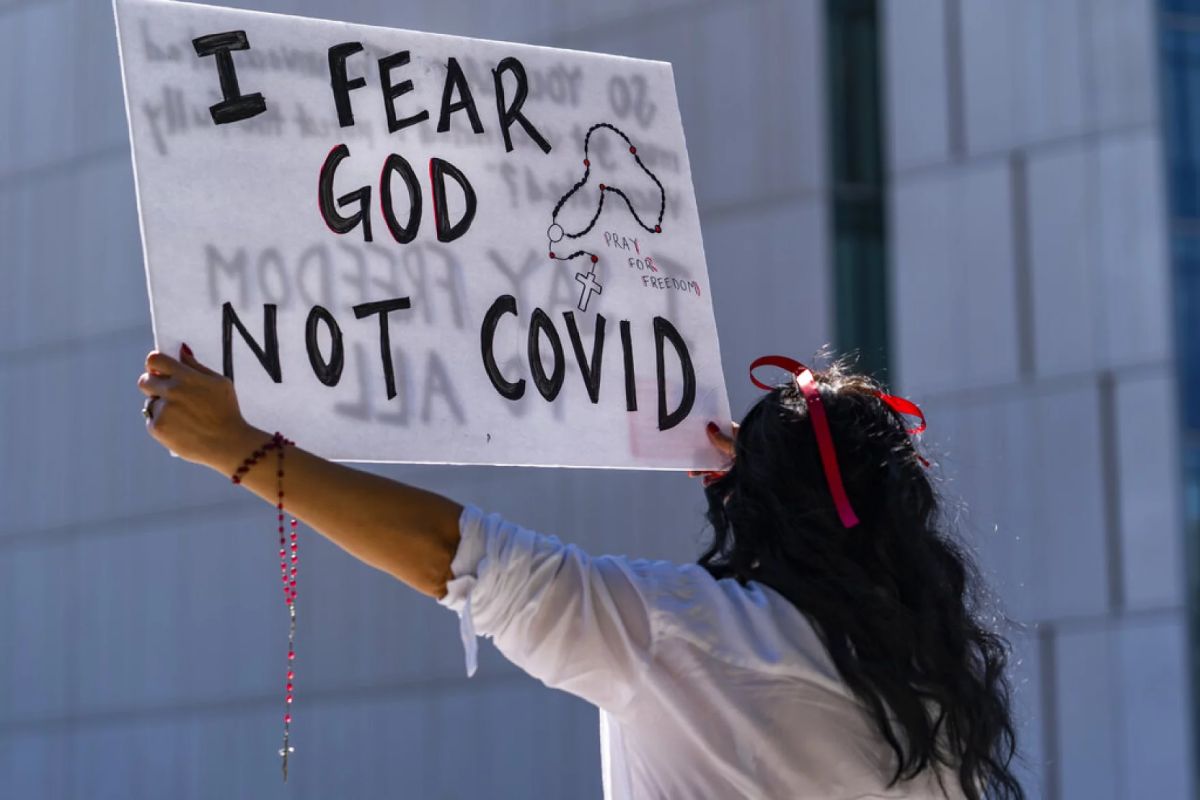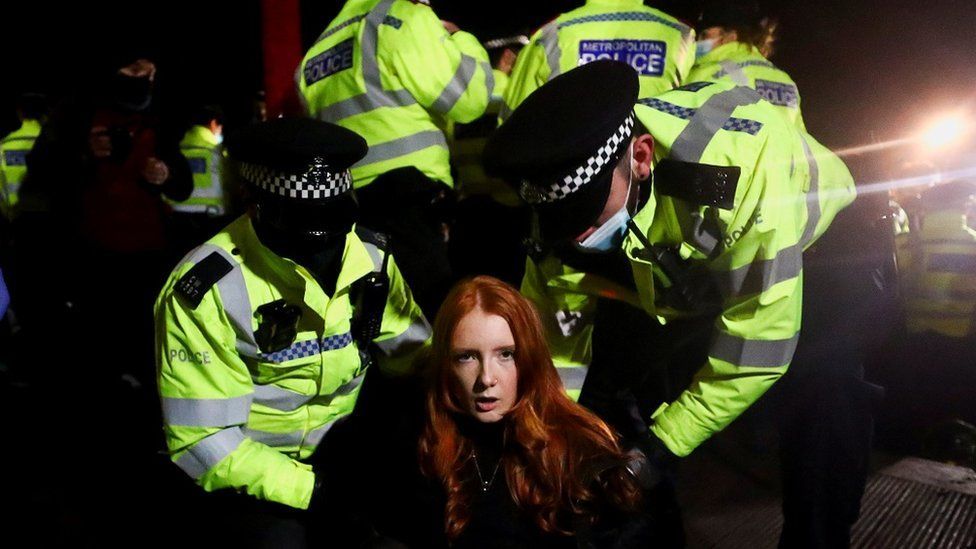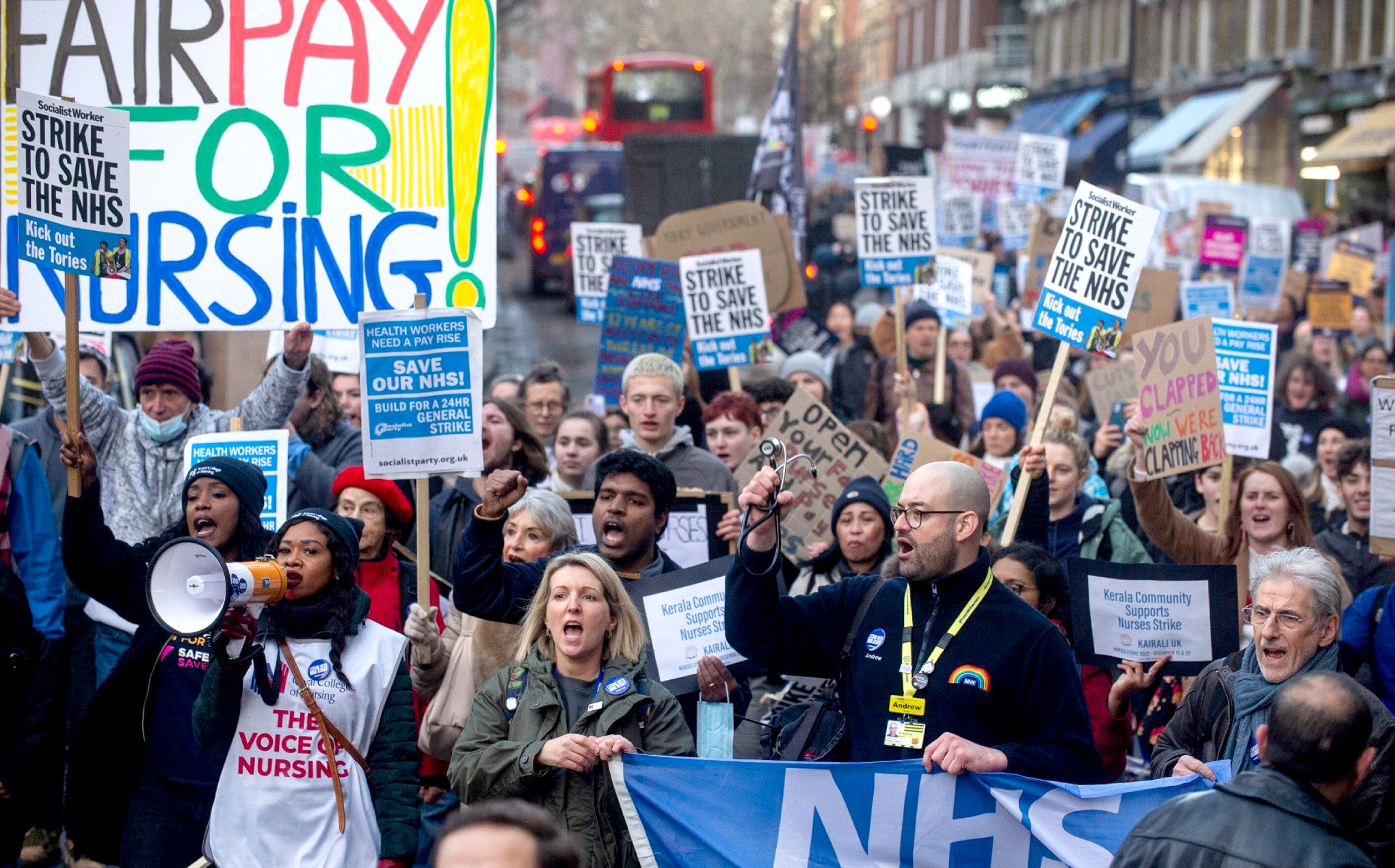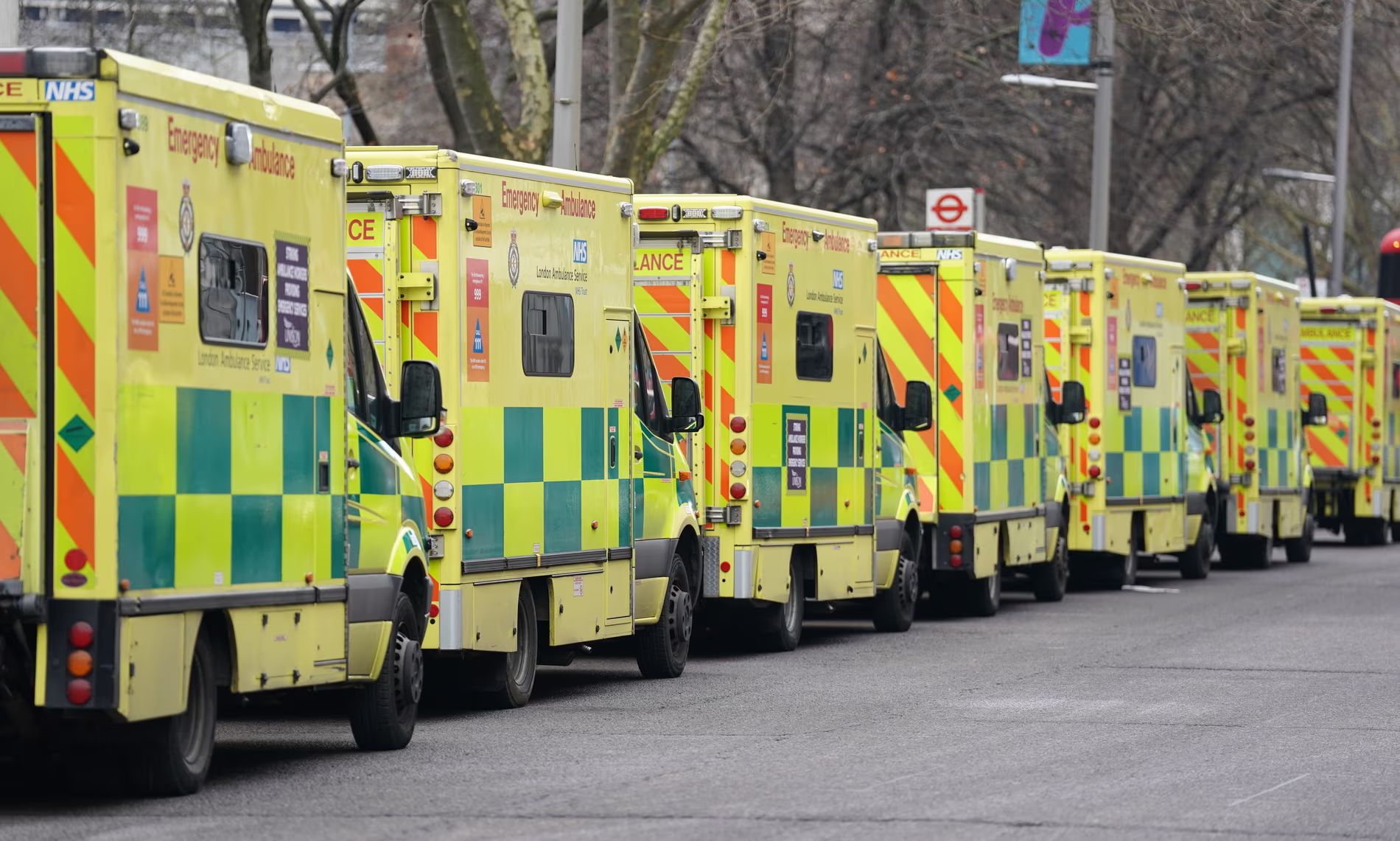Publications

The role of religion and COVID-19 vaccine uptake in England
Existing research has found a link between religious beliefs and vaccine hesitancy. This analysis used data from a survey of over 12,000 respondents in England and finds that respondents who identify as being part of the Church of England or Methodist denominations have had significantly more COVID-19 vaccinations. However, Pentecostal and Muslim respondents have had significantly fewer COVID-19 vaccinations.
Clearly, public health bodies need to engage with religious leaders. Communication strategies need to be tailored to specific religious groups. Trust plays a key factor, so we need to ensure that religious groups are able to trust healthcare institutes.
Full, open access article: https://doi.org/10.1016/j.vaccine.2024.04.006Citation:
- Hansen, M. E., & Pickering, S. D. (2024). The role of religion and COVID-19 vaccine uptake in England. Vaccine, x(x), x-x. In press.

London, you have a problem with women: Trust towards the police in England
Following a series of high-profile incidents of violence against women by serving London Metropolitan Police Officers, questions of standards and the public’s confidence in policing are in the spotlight. We find that women in England are more trusting in the police than men. But not in London. London is the only area in England where women’s overall trust in the police is lower than men, even when we control for age, income, political environment and crime levels.
Full, open access article: https://doi.org/10.1080/10439463.2024.2334009Citation:
- Pickering, S. D., & Dorussen, H., & Hansen, M. E., & Reifler, J., & Scotto, T., & Sunahara, Y., & Yen, D. (2024). London, you have a problem with women: Trust towards the police in England. Policing & Society, x(x), x-x. In press.

Trust, healthcare workers and strikes
How much do the public support striking nurses and junior doctors? It turns out people are generally more supportive of these healthcare workers striking than other professionals like postal workers or teachers. Support levels vary by political affiliation, ideology, and trust in the NHS, with non-Conservative, left-leaning individuals, and those with high trust in the NHS more likely to back the strikes. These findings suggest strategic directions for increasing public support for healthcare workers' strikes.
Full, open access article: https://doi.org/10.1111/nin.12637Citation:
- Hansen, M. E., & Pickering, S. D. (2024). From Plaster Casts to Picket Lines: Public Support for Industrial Action in the National Health Service in England. Nursing Inquiry, x(x), x-x. In press.

Health-care waiting times and trust
Waiting times for healthcare in the UK are at an all time high. Does this affect people's trust in the NHS? Our survey of 7,415 people suggests not. Even when waiting times in Accident and Emergency rooms are long, or when there is a long delay in referrals for cancer treatment, people still trust the NHS. However, members of ethnic minorities and people who voted for the Conservative Party do tend to trust the NHS less. If the NHS wants to build trust, then it needs to look to these two key groups.
Full, open access article: https://doi.org/10.1016/j.puhip.2024.100484Citation:
- Dorussen, H., & Hansen, M. E., & Pickering, S. D., & Reifler, J., & Scotto, T., & Sunahara, Y., & Yen, D. (2024). The Influence of Waiting Times and Sociopolitical Variables on Public Trust in Healthcare: A Cross-Sectional Study of the NHS in England. Public Health in Practice, 7(100484), 1-7.
